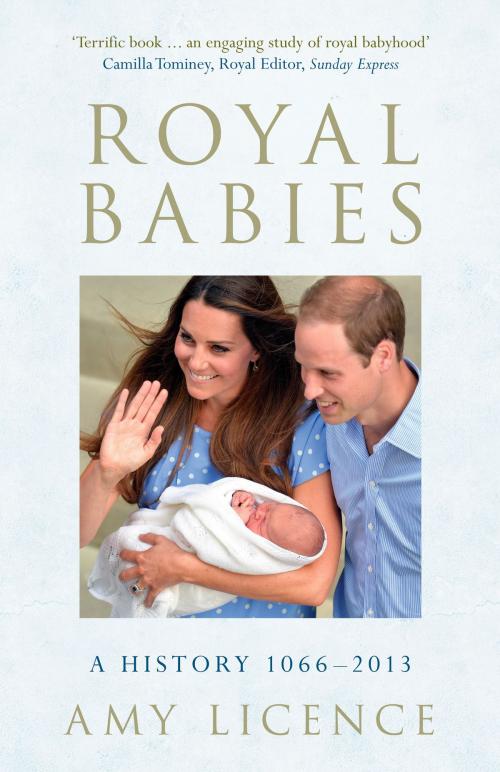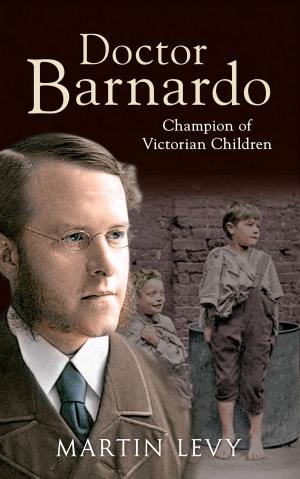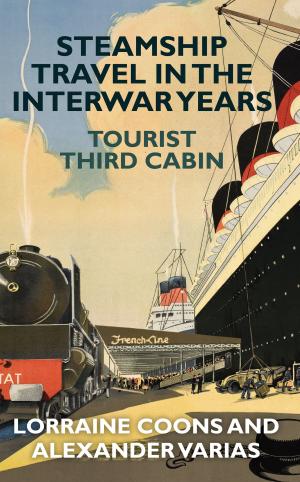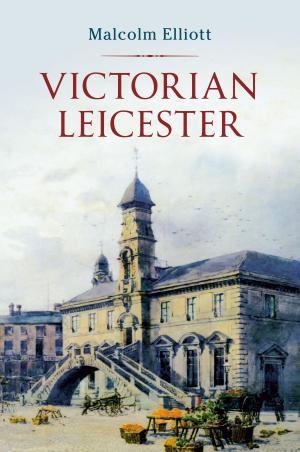| Author: | Amy Licence | ISBN: | 9781445617800 |
| Publisher: | Amberley Publishing | Publication: | July 15, 2013 |
| Imprint: | Amberley Publishing | Language: | English |
| Author: | Amy Licence |
| ISBN: | 9781445617800 |
| Publisher: | Amberley Publishing |
| Publication: | July 15, 2013 |
| Imprint: | Amberley Publishing |
| Language: | English |
Babies are born every day, but only once or twice in a lifetime, a child arrives who will inherit the throne. This summer, the nation watched as Catherine, Duchess of Cambridge, delivered our future king. There have been predictions, expectations and a flurry of media attention around the new parents but apart from the flashing cameras and internet headlines, this is nothing new. Royal babies have excited interest before their births, for more than a millennium. When a queen or princess conceived, the direction of a dynasty was being defined and the health and survival of the child would shape British history. Amy Licence explores the stories of some of these royal babies and the unusual circumstances of their arrivals from the Normans to the twenty-first century. 1470 saw the arrival of Edward, a longed-for son after three daughters, born in sanctuary to Edward IV and his beautiful but unpopular wife, Elizabeth Wydeville; he was briefly King Edward V at the age of twelve, but would disappear from history as the elder of the two Princes in the Tower. In 1511, amid lavish celebrations, Catherine of Aragon gave birth to the future Henry IX, whose survival would perhaps have kept Henry from having six wives; alas, he was to die after just seven weeks. In 1817 came George, the stillborn son of Charlotte, Princess of Wales; had she not died as a result of the birth, she would have been queen instead of Victoria. This book explores the importance and the circumstances of these and many other arrivals, returning many long-forgotten royal babies to the history books. On 22 July 2013, the long wait for the royal baby came to an end. Almost a week past her official due date, the Duchess of Cambridge was admitted to St Mary’s hospital, Paddington, at 6 a.m. The Duke of Cambridge was at her side. On the hottest day of the year, the nation waited for news as the hours ticked past, with the press lined up on the pavement, where they had been for weeks. Finally, over ten hours later, the Duchess was delivered of a baby boy, weighing 8lb 6oz. In a departure from the usual protocol for royal announcements, the waiting media were informed by email before the formal notice was displayed on a golden easel outside Buckingham Palace. That night, the Duke of Cambridge, himself born in the Lindo wing thirty-one years ago, said, ‘We could not be happier.’ The new baby is the third in line to the throne; in fact it is the first time since 1894 that the monarchy has had three generations of royal heirs in waiting. As the last in a line of royal babies, stretching back for centuries, the new Prince will write the next chapter in the story of the Commonwealth.
Babies are born every day, but only once or twice in a lifetime, a child arrives who will inherit the throne. This summer, the nation watched as Catherine, Duchess of Cambridge, delivered our future king. There have been predictions, expectations and a flurry of media attention around the new parents but apart from the flashing cameras and internet headlines, this is nothing new. Royal babies have excited interest before their births, for more than a millennium. When a queen or princess conceived, the direction of a dynasty was being defined and the health and survival of the child would shape British history. Amy Licence explores the stories of some of these royal babies and the unusual circumstances of their arrivals from the Normans to the twenty-first century. 1470 saw the arrival of Edward, a longed-for son after three daughters, born in sanctuary to Edward IV and his beautiful but unpopular wife, Elizabeth Wydeville; he was briefly King Edward V at the age of twelve, but would disappear from history as the elder of the two Princes in the Tower. In 1511, amid lavish celebrations, Catherine of Aragon gave birth to the future Henry IX, whose survival would perhaps have kept Henry from having six wives; alas, he was to die after just seven weeks. In 1817 came George, the stillborn son of Charlotte, Princess of Wales; had she not died as a result of the birth, she would have been queen instead of Victoria. This book explores the importance and the circumstances of these and many other arrivals, returning many long-forgotten royal babies to the history books. On 22 July 2013, the long wait for the royal baby came to an end. Almost a week past her official due date, the Duchess of Cambridge was admitted to St Mary’s hospital, Paddington, at 6 a.m. The Duke of Cambridge was at her side. On the hottest day of the year, the nation waited for news as the hours ticked past, with the press lined up on the pavement, where they had been for weeks. Finally, over ten hours later, the Duchess was delivered of a baby boy, weighing 8lb 6oz. In a departure from the usual protocol for royal announcements, the waiting media were informed by email before the formal notice was displayed on a golden easel outside Buckingham Palace. That night, the Duke of Cambridge, himself born in the Lindo wing thirty-one years ago, said, ‘We could not be happier.’ The new baby is the third in line to the throne; in fact it is the first time since 1894 that the monarchy has had three generations of royal heirs in waiting. As the last in a line of royal babies, stretching back for centuries, the new Prince will write the next chapter in the story of the Commonwealth.















